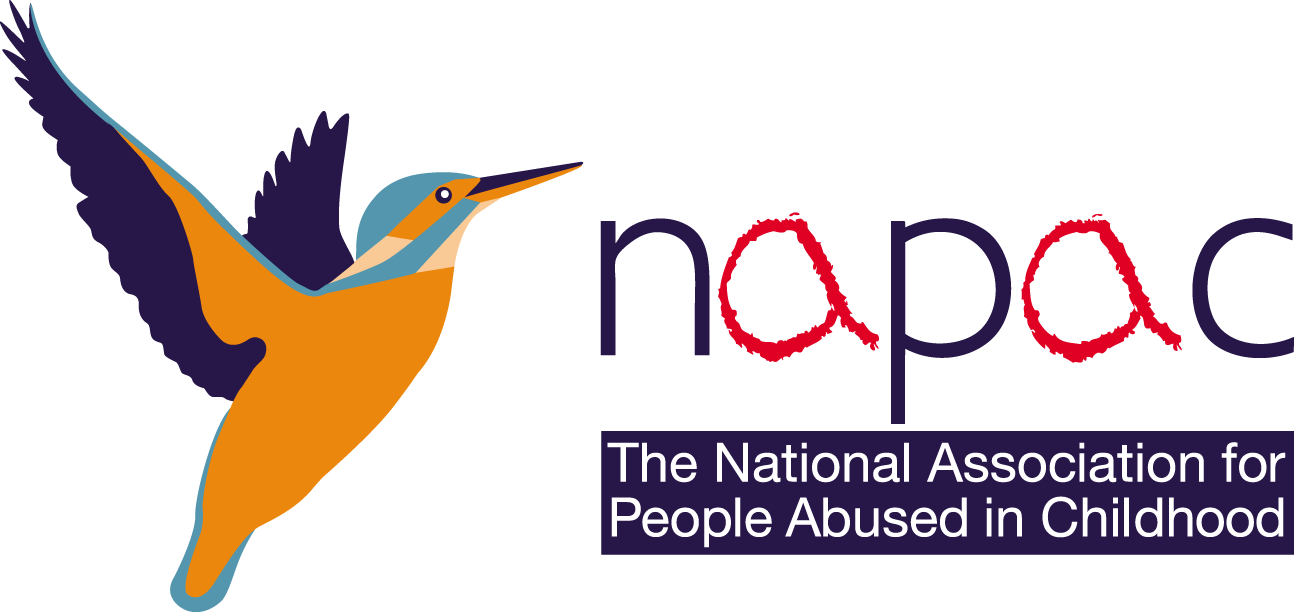Tuesday 14 January 2020
NAPAC, the UK’s leading charity supporting adults who suffered any type of abuse in childhood, has welcomed the decision by the Office of National Statistics (ONS) to today publish its first ever report solely about child abuse. The report provides an overview of child abuse in England and Wales and shows 8.5 million adults suffered abuse in childhood. It will bring together a range of different data sources from across government and the voluntary sector, including some anonymised data from NAPAC’s support line service. Around 1 in 7 adults who called our support line hadn’t told anyone about their abuse before. ONS report Child abuse in England and Wales: January 2020
There has been a huge data and knowledge gap about adult survivors and their needs, although police investigations, the ONS Crime Survey for England and Wales and IICSA (the child abuse inquiry) investigations have helped to show the scale of the problem. To date service provision has been mainly focused on the criminal justice system rather than the health impacts for the vast numbers of adults struggling to cope with the impacts of childhood trauma.
NAPAC hopes this new ONS source of evidence will over time help to support the development of services to meet adult survivors’ needs, such as support groups and the development of trauma-informed services. Read about NAPAC’s support groups model and find out more about trauma-informed practice and why it matters
Gabrielle Shaw, NAPAC’s CEO said: “We hope by having better evidence about the number of adult survivors and the impacts they live with because of the abuse, service provision will start ramping up to meet their needs. There needs to be major investment in trauma-informed specialist support such as support groups for survivors. This will lead to health savings in the long run, because people will be able to recover from the underlying trauma that causes many day-to-day problems in adulthood.
“It is the emotional aspects of abuse which stick in the long term. Going through the criminal justice system when someone has had no support to cope with the trauma they lived through in childhood is re-traumatising and many people choose not to report for this reason. People may also prefer not to go public about the abuse because the perpetrator was a family member or family friend and these survivors have little access to support.
“We get calls and emails every week from survivors and professionals who hear disclosures of abuse, asking if we have support groups in their area or if we know of any other support available. We know well-structured support groups work and can transform someone’s health and relationships. High quality support groups cost money to run, however in the long run it would save society money by allowing survivors to learn new coping mechanism and build healthier relationships.”
The current situation is that most survivors who disclose childhood abuse cannot access trauma-informed health and support service provision because services are almost non-existent in many areas and there are long waits to access mental health services on the NHS.
References
- ONS report Child abuse in England and Wales: January 2020 published 14 January 2020 – a collection of articles providing an overview of child abuse in England and Wales, bringing together a range of different data sources from across government and the voluntary sector. ONS report Child abuse in England and Wales: January 2020
- NHS England recently recognised the need for lifelong care for victims of sexual assault and abuse, publishing ‘Strategic direction for sexual assault and abuse services – Lifelong care for victims and survivors 2018 -2023’ Read the NHS report
- APPG for adult survivors of child sexual abuse published a report about the lack of support services for surivors in May 2019 Read the APPG report May 2019
